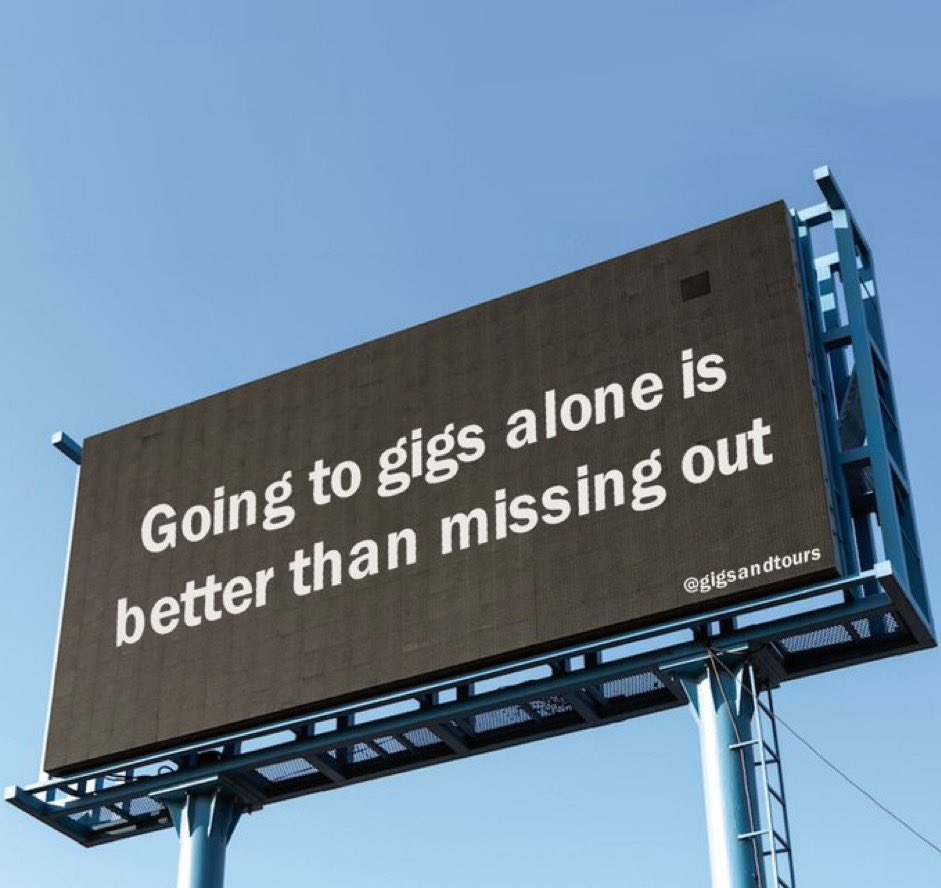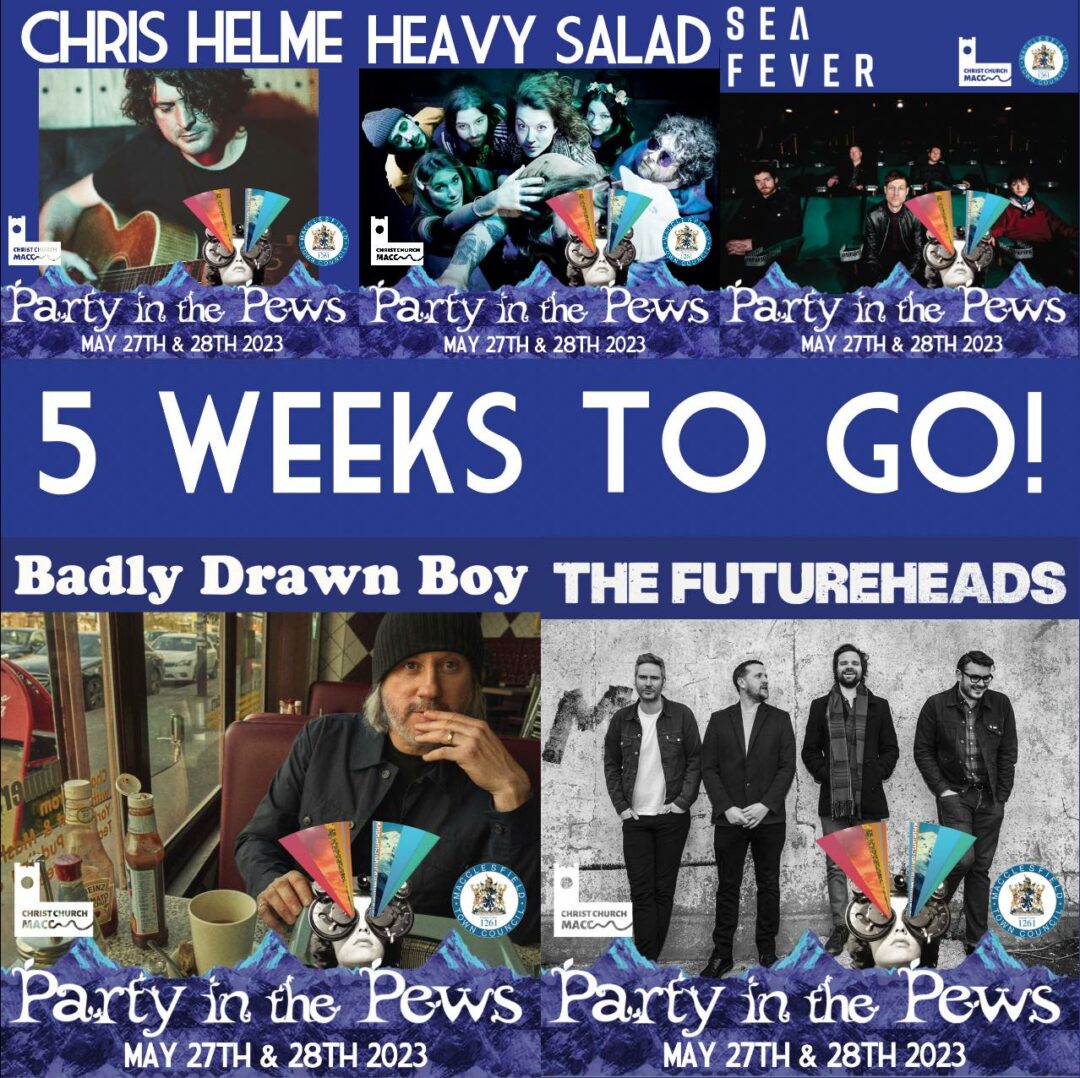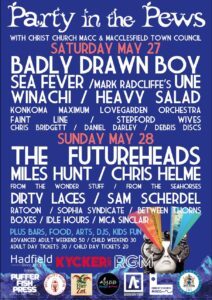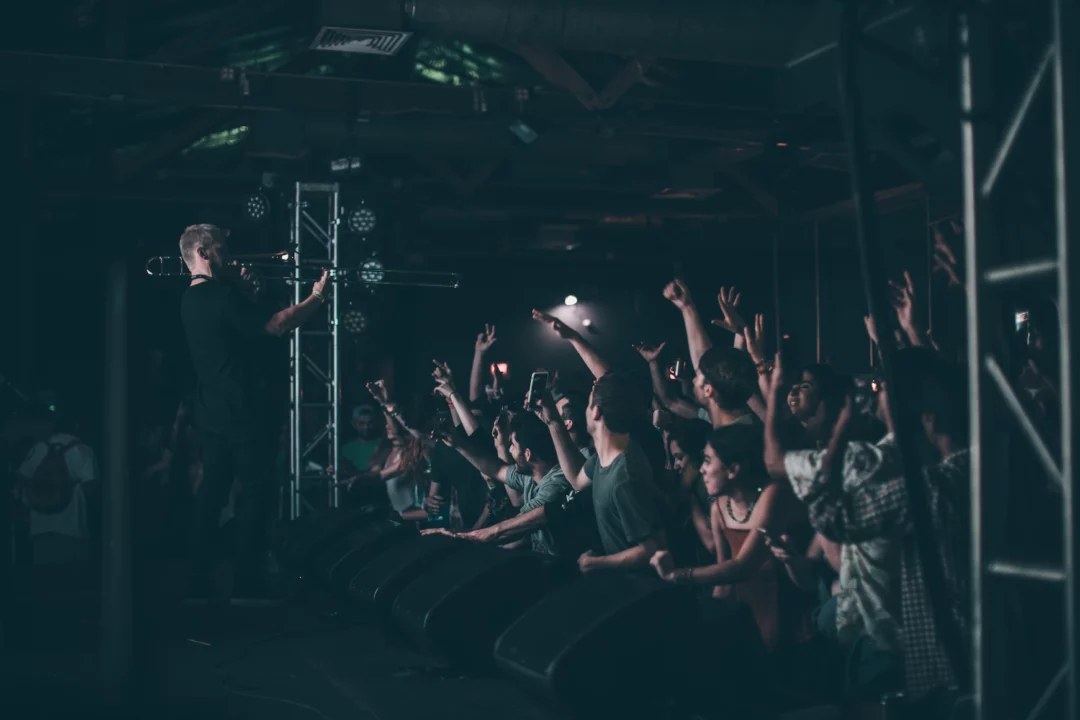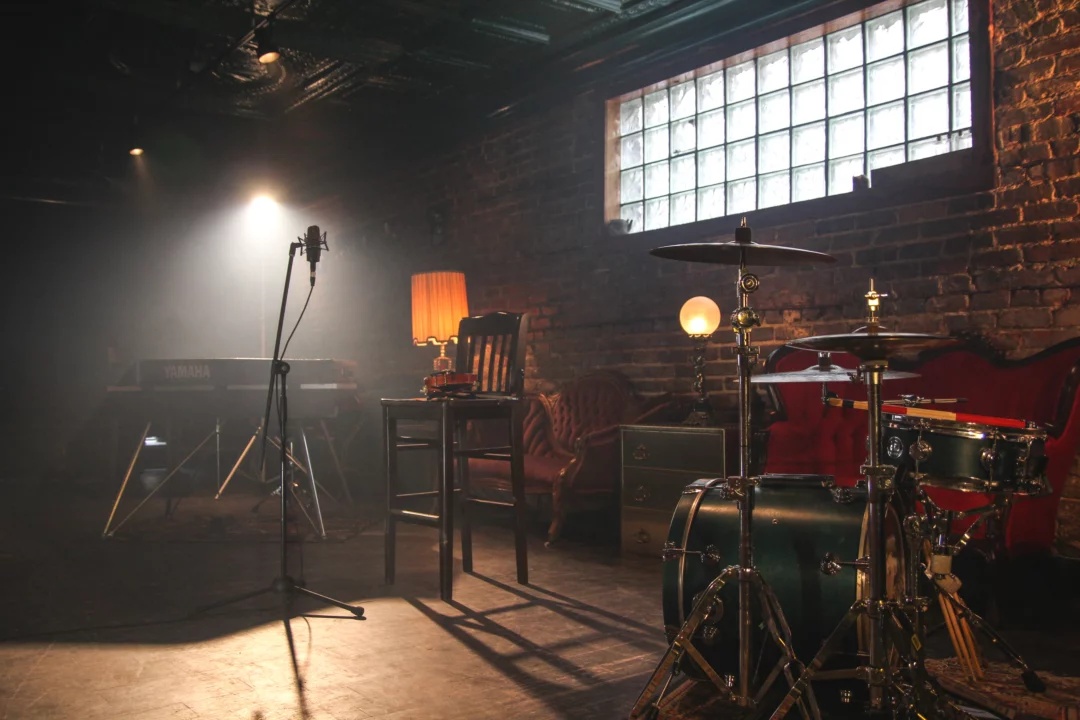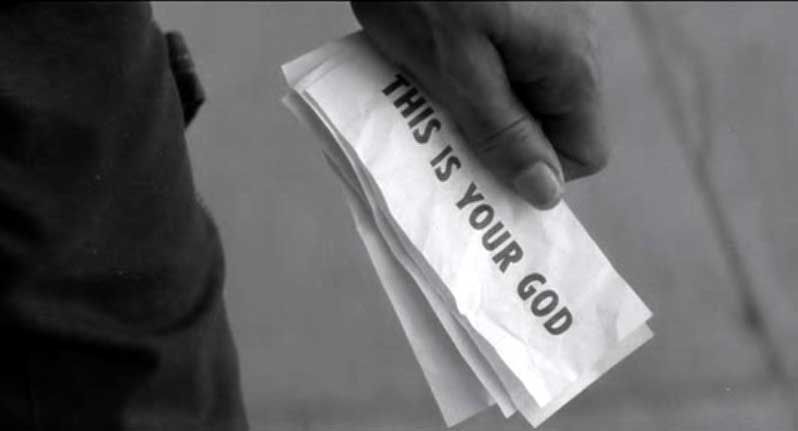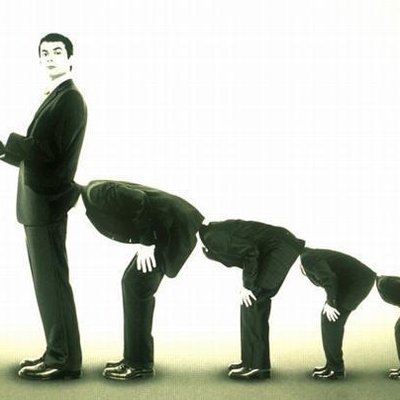The live music sector in the UK is undoubtedly a powerhouse, with major contributions to the nation’s economy. According to a recent report by CGA Strategy, the sector hit a record high in 2023, boasting a £6.1 billion economic impact. However, a contrasting narrative emerges in the BBC’s report on ongoing struggles within the live music industry, highlighting challenges such as rising ticket prices, cancellations, and the battle to recover from the pandemic’s aftermath. Both reports offer important insights but present divergent viewpoints on the current state of the live music sector.
This blog will critically analyse the disparity between these two perspectives, highlighting the underlying complexities and the nuances that are often overlooked. By exploring the economic impact, the public’s perception of live music, the challenges for artists and venues, and the industry’s future, we can begin to understand why these reports seem at odds and what they suggest about the sector’s broader dynamics.
Record Economic Impact: A Strong Foundation or an Overstated Success?
The CGA Strategy article paints an optimistic picture of the UK’s live music industry. Its headline figure of £6.1 billion is undoubtedly impressive, with the report pointing to a “surge in consumer demand” and a significant increase in attendance at live events. Notably, the report credits festivals and large-scale concerts for contributing the lion’s share of this economic activity, suggesting that, at least on paper, the sector is thriving.
However, while the numbers may appear to reflect robust health, the CGA report doesn’t necessarily tell the full story. The figure is a testament to the economic power of the sector, but it arguably glosses over the granular details that have been deeply felt by smaller venues, independent artists, and local communities. The economic impact reported may primarily benefit larger stakeholders—such as major festivals, concert promoters, and established artists—while smaller players continue to struggle in a highly competitive and financially fraught environment.
The phrase “economic impact” can also be somewhat misleading. While it suggests growth and profitability, it doesn’t necessarily mean the wealth generated is being distributed evenly or that all sectors of the industry are experiencing the same boom. Moreover, the report doesn’t account for inflationary pressures or the rising costs that many industry professionals face, leading to questions about whether this £6.1 billion figure is as impactful as it seems.
The Ongoing Struggles: A Closer Look at the BBC Report
In contrast, the BBC’s report presents a more sobering view of the live music scene in the UK. While acknowledging the increasing demand for live music experiences, the article highlights a range of ongoing issues that are affecting the sector’s recovery from the pandemic.
Rising ticket prices, coupled with the cost-of-living crisis, have led to growing concerns among both fans and industry professionals. The impact on independent venues and smaller events is particularly pronounced, with many facing financial difficulty as they grapple with higher operational costs, fewer bookings, and cancellations.
The BBC article sheds light on the human cost of these challenges. Artists and promoters have expressed frustration at the widening gap between the excitement for live events and the practical realities of making them financially viable. This contrasts sharply with the CGA Strategy report’s focus on the economic benefits, suggesting that while live music may be in demand, the infrastructure supporting it is still struggling to recover fully. The BBC article also highlights the increase in no-shows at concerts, with fans purchasing tickets but failing to attend, leaving venues with empty seats and a loss of potential revenue. This paints a far less rosy picture than the CGA’s celebratory figures would suggest.
In this context, the success of large-scale events like festivals and arena tours, which are credited for much of the economic impact, may come at the expense of smaller venues and independent artists. These struggles aren’t reflected in the overall economic impact figure, which raises important questions about which parts of the sector are truly thriving and which are being left behind.
The Disparity Between Large and Small Players
One of the most striking aspects of these two reports is the clear divide between large-scale and small-scale players in the industry. The CGA report’s emphasis on major festivals and large concerts speaks to a segment of the industry that has benefitted significantly from the post-pandemic recovery. These events often have the backing of major promoters, significant sponsorships, and the ability to charge high ticket prices, which insulates them from some of the financial difficulties faced by smaller, independent events.
On the other hand, the BBC report paints a picture of smaller venues and artists struggling to stay afloat. Many of these venues rely on grassroots support and local communities, which have been hit hard by the cost-of-living crisis. Rising energy costs, rent, and operational expenses make it increasingly difficult for smaller venues to turn a profit, while independent artists face a challenging landscape where gig fees often fail to cover their costs. The stark contrast between these two sectors raises questions about whether the live music industry is becoming increasingly bifurcated, with large players thriving at the expense of smaller ones.
The BBC article also touches on another growing issue: the over-saturation of the market. As more artists vie for limited gig opportunities, particularly in the wake of the pandemic, many are finding it harder to secure bookings, leading to increased competition and lower fees. This, in turn, impacts the profitability of venues, which may struggle to attract the same level of attendance as larger events. These challenges contribute to a sense of disparity within the industry, which is not adequately addressed by the CGA’s headline figures.
Recovery or Fragility: What Does the Future Hold for the UK’s Live Music Sector?
Both reports indicate that the live music sector is undergoing significant changes, but they diverge on the broader implications of these shifts. The CGA Strategy report presents a picture of recovery and growth, driven by strong consumer demand and high levels of engagement with live events. This optimism is not unwarranted, especially given the pent-up demand following years of lockdowns and restrictions. The success of major festivals like Glastonbury and Reading, alongside the return of international tours, has undoubtedly contributed to the sector’s recovery.
However, the BBC article offers a more nuanced and cautious outlook, highlighting the fragility that still exists within the industry. Smaller venues and independent promoters remain vulnerable, and the ongoing financial pressures could lead to further closures and cancellations if these challenges aren’t addressed. While the economic impact of the live music sector may be at a record high, the sector’s foundation appears to be built on shaky ground.
The disparity between these two reports points to a broader issue within the live music industry: the sector is far from a monolith. While large-scale events may be thriving, the smaller, independent players that form the backbone of the industry are still struggling to find their footing. The future of the live music sector will likely depend on how these challenges are addressed and whether the industry’s recovery can be made more equitable.
Article by Amelia Vandergast


